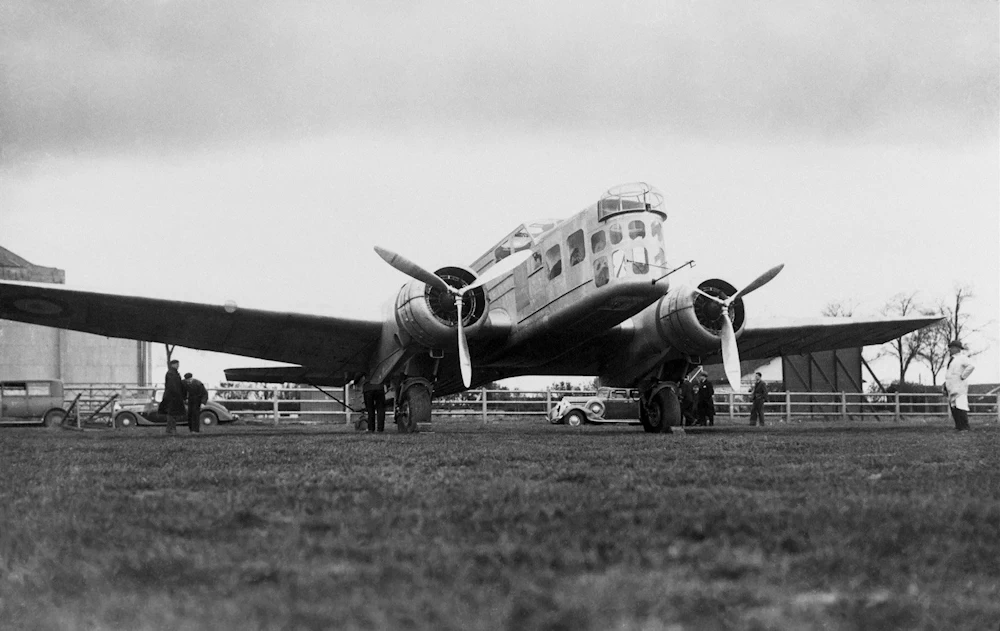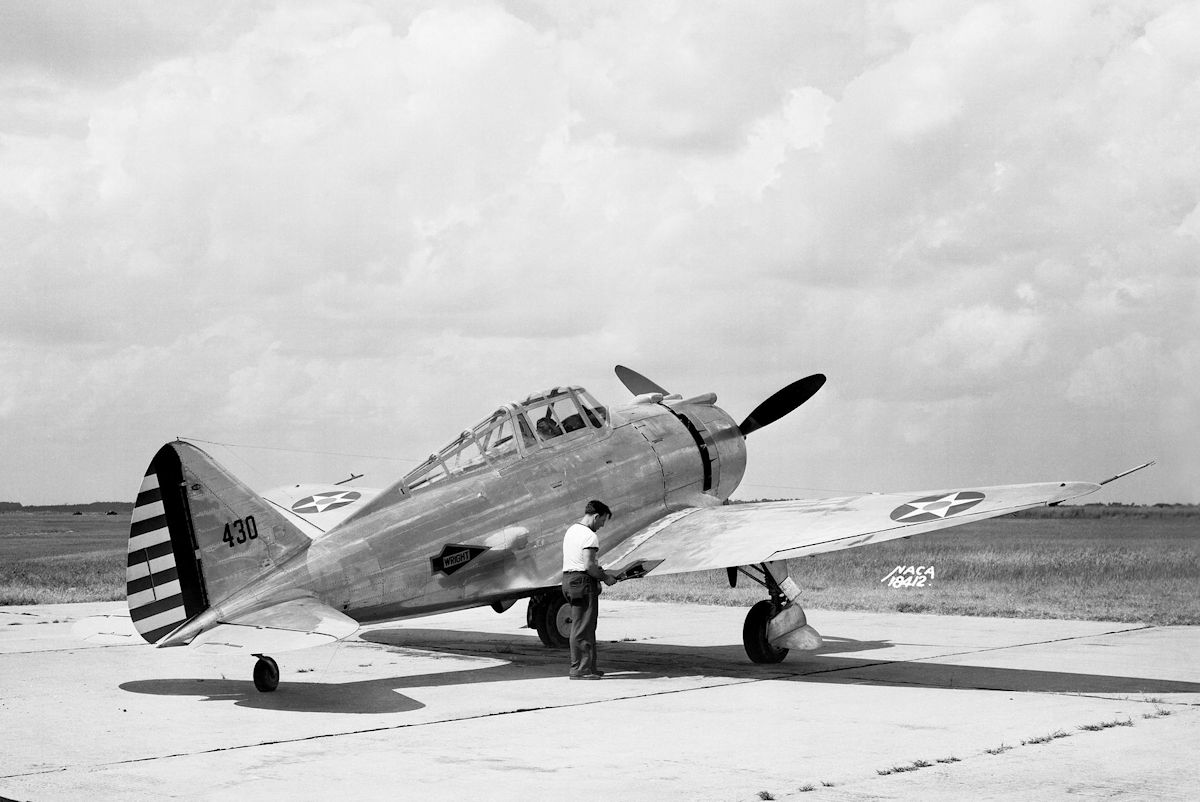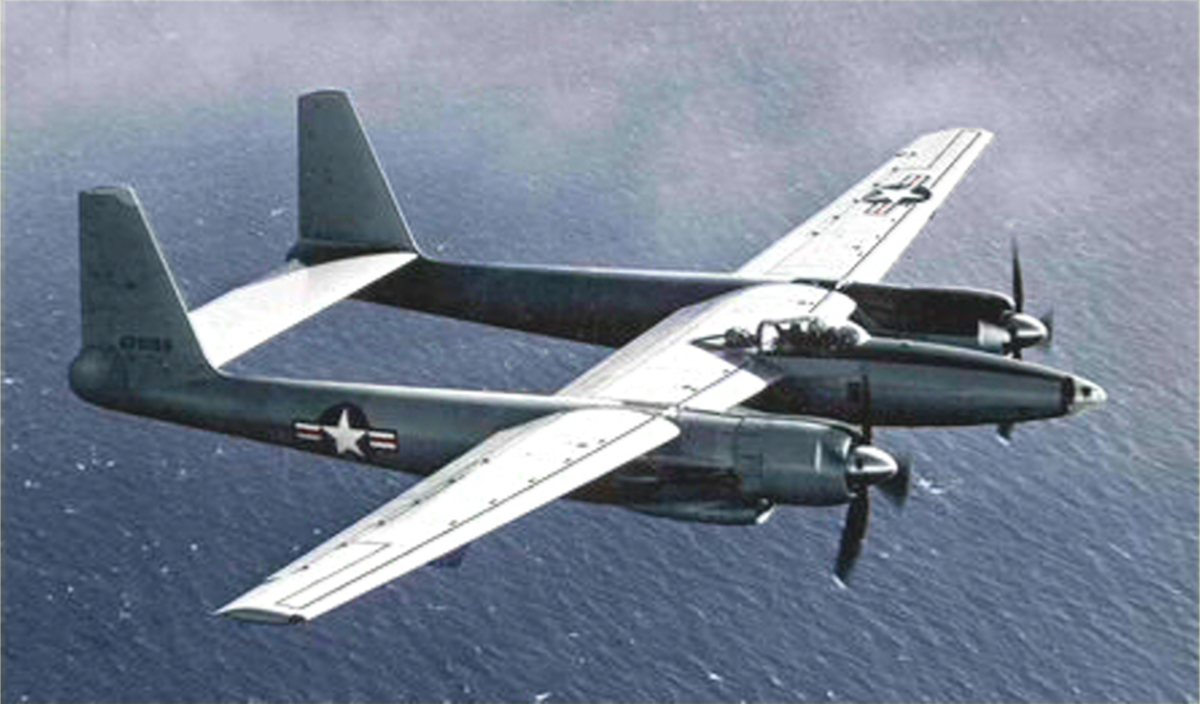Category: Aircraft
-
Bloch MB.130 Reconnaissance Aircraft

Bloch MB.130 Reconnaissance Aircraft The Bloch MB.130 was designed in response to a French Air Staff requirement for a fast multi-seat BCR (bomber, combat, reconnaissance) aircraft. First flying on 8 June 1934 at Villacoublay It was designated the MB.130 A. It was powered by two 760hp Gnome-Rhône 14 Kdrs engines and fitted with a fixed,… Read more
-
Seversky XP-41

Seversky XP-41 Developed for the United States Army Air Corps (USAAC), the Seversky XP-41 was a single-seat fighter aircraft. The last production Seversky P-35 was modified by adding a new streamlined canopy, a Pratt & Whitney R-1830-19 engine with a two-speed supercharger, and revised landing gear. First flying in March 1939 it was developed in… Read more
-
Hughes XF-11 Reconnaissance Aircraft

Hughes XF-11 The Hughes XF-11 was a prototype reconnaissance aircraft designed for the United States Army Air Forces (USAAF). Although 100 aircraft were ordered in 1943, the program was delayed beyond the end of the Second World War, rendering it surplus to the USAAF needs and it was cancelled. The first of two prototypes (serial… Read more